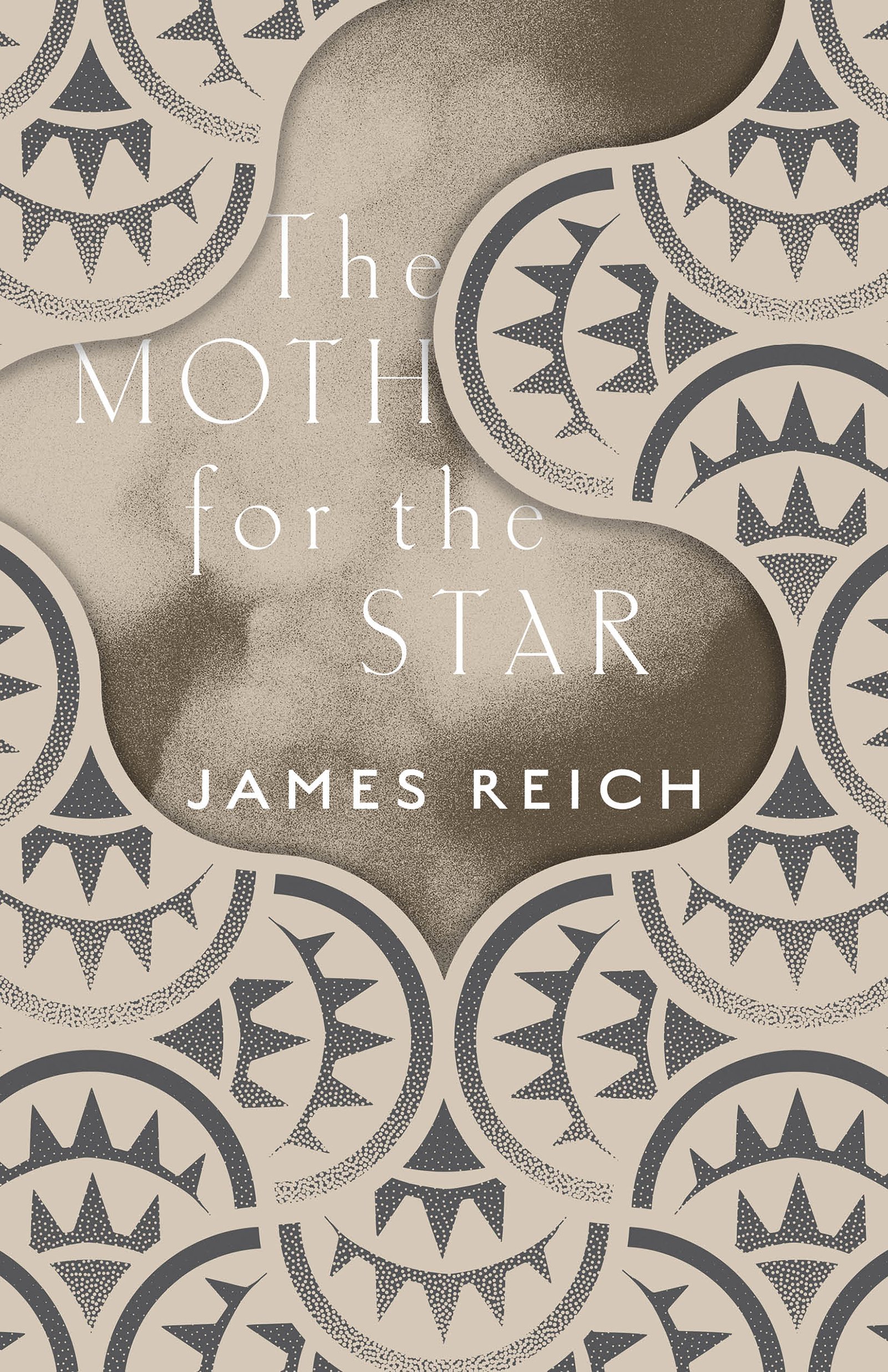RANT — Decorating 451: Books as (Little Loved) Objects
/by Leah Eskin
Photographer Noah Blau is a sophomore at Park School in Baltimore
Dismembering books is no crime. Nor is displaying their remains. What’s disturbing is that no one finds it disturbing.
Like everyone, I love those Little Free Libraries, the shelf-on-a-stick that looks like a birdhouse. Take a book, leave a book: feel good. But it seems to me the trading posts are a sweet symptom of a discouraging condition.
Books have no value. That’s why readers are happy to shove them into a birdhouse-on-a-stick. The Little Free Library is little: the base model holds about 15 titles. It’s free -- except for $367.95 for, say, the Pretty Little Periwinkle version built by “our Amish carpenter, Henry.” Library? No. No card required. No borrowing and returning. The Little Free Library is a reject bin. No one wants these books.
Or any books. A new hardcover on Amazon goes for about $20. Weeks later, it’s available used for a few dollars. Then spare change. Then a penny plus postage. That’s the service economy: The product is worth nothing. Delivering it costs $3.99.
Cast-offs pile up. Home-furnishing catalogs flaunt fancy shelving stacked with off-white volumes. Squint and note that the books are all the same color because their spines have been ripped off. There’s something grotesque about mutilating books because their binding glue is an attractive beige.
Arhaus, the furniture chain, is decorated with books bent into odd poses. One objet is a paperback with clumps of pages folded in half – turns a functioning book into a butterfly-shaped paperweight. At the little libraries where I grew up, folding was forbidden.
Etsy is flush with ex-books repurposed into clutch-purses and lampshades. At the Baltimore Book Festival, kids learn book-ripping. Decorators buy books by the yard. Which is wasteful. Book can be had by the yard free. At The Book Thing of Baltimore, a processing center for refugee books, the limit is 150,000 per person, per day.
All of which is mere side-effect of digitization. The content of each book – its soul – has been released from its paper body. Books are now free to roam, to visit any digital device, anywhere, for eternity. For books, the rapture has arrived.
Which should make the fan of content content. But actually makes me queasy. It seems vulgar to desecrate the bodies that once held our ideas, our stories. Doesn’t it bother anyone else that the gadget that took down the book, that fulfilled our book-burning destiny, is called the Kindle?
Photo by Jennifer Bishop











